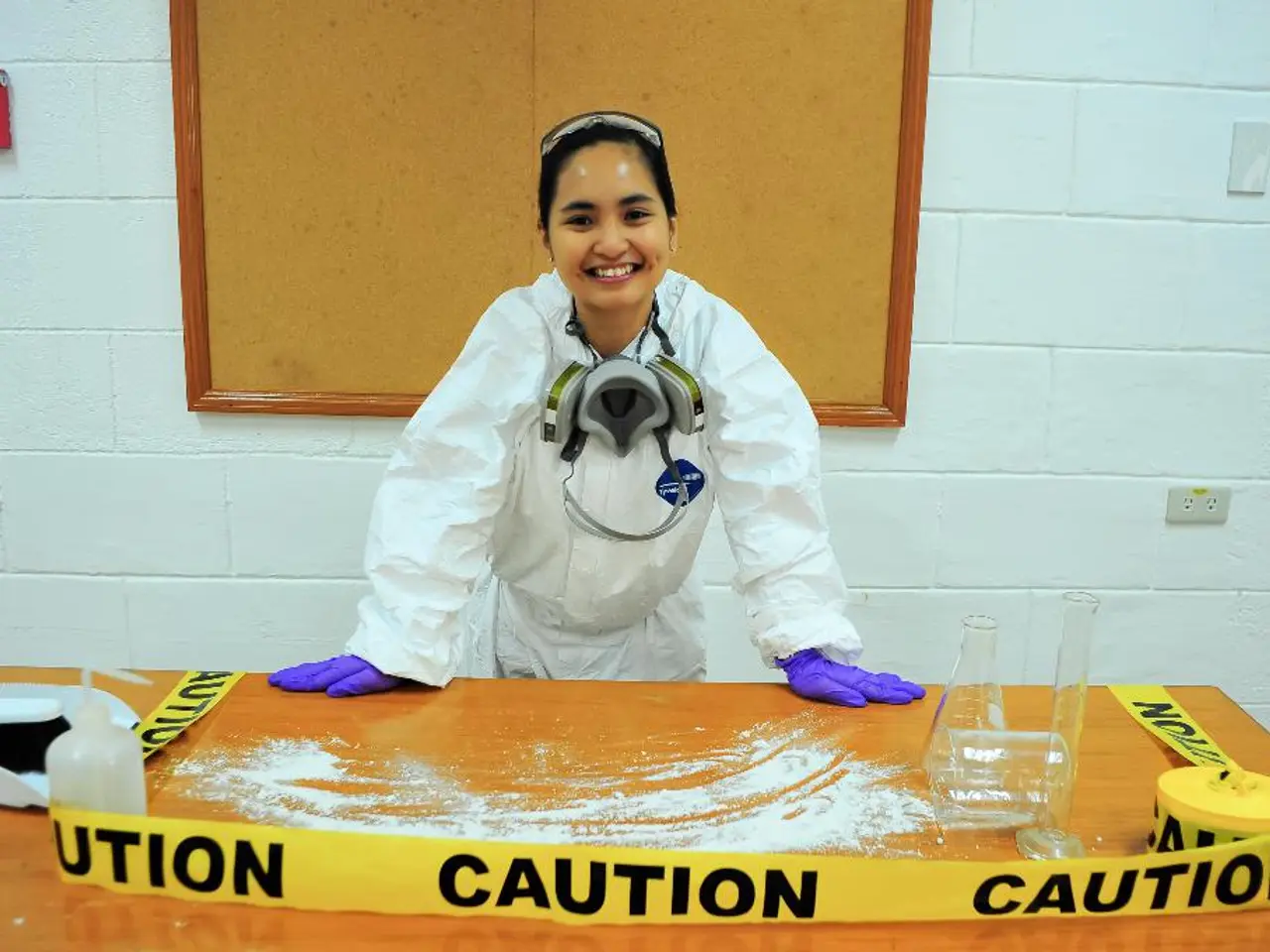Brain Manipulation through Everyday Routines
============================================================
Changing long-established habits can be a challenging task, but recent neuroscience research offers strategies to effectively rewire these patterns. Here's a look at some key strategies that can help you change your habits for the better.
According to neuroscientific studies, habits consist of a cue, a routine, and a reward. These habit loops cannot be unlearned but can be overwritten by identifying cues and consciously altering routines while maintaining or replacing the reward.
Understanding and redesigning the habit loop is the first step towards change. By recognising the triggers that initiate your habits and consciously choosing to replace the old routine with a new one, you can create healthier habits that still satisfy the underlying reward mechanisms.
Awareness of specific triggers, such as stress, location, or time, is crucial in this process. By creating "pause points" – brief mindful interruptions like deep breaths or a short walk – you can disrupt the automaticity of the habit. Research shows that even brief mindful awareness can improve emotional regulation and break harmful cycles.
Creating clear mental plans, or "if-then" plans, can also help the brain automatically switch responses to triggers towards healthier outcomes. For example, if you feel the urge to snack, then you will drink a glass of water instead. Meta-analyses confirm that this method significantly improves the success of behaviour change.
Strengthening executive control and rewiring dopamine pathways through repeated new behaviours can help modify entrenched habits. Habits and compulsive behaviours are governed by the basal ganglia (habit formation), prefrontal cortex (executive control), and the amyggdala (emotion processing), with dopamine reinforcing reward-based learning.
Designing your environment and routines to support new habits can also enhance success in habit change. Establishing positive habits anchored to existing routines and shaping the environment to minimise negative cues can help create a supportive environment for change.
Neuroscience-based digital interventions, such as apps like Reframe, can also help rewire patterns by targeting reward pathways and habit loops. These apps have been successful in helping users stop people-pleasing or alcohol consumption, among other things.
In conclusion, changing deeply ingrained habits requires conscious awareness of cues and cravings, intentional substitution of routines, precise mental planning, environmental design, and enhancing executive control circuits. By understanding the science behind habits and employing these strategies, you can effectively rewire your brain and create healthier, more fulfilling habits.
References:
- Habit loop components and craving role [1]
- Trigger journaling, pause points, and implementation intentions [2]
- Brain regions and neurotransmitters role in habit and compulsive behavior [3]
- Neuroscience-based habit change programs targeting reward circuits [4]
- Approximately 75% of habitual behaviours occur in response to the same daily triggers.
- Following the behaviour, the brain receives a reward in the form of neurochemical reinforcement, particularly dopamine release.
- Mindfulness practices increase activation in prefrontal regions while reducing reactivity in reward centres, essentially strengthening the neural circuits that moderate impulsive responses.
- Deliberate reward scheduling leverages the brain's response to intermittent reinforcement.
- Brain imaging studies demonstrate that even mild stress increases the dominance of habitual neural circuits by approximately 20%.
- The process of habit change requires consistent repetition over extended periods to establish new neural pathways.
- Cortisol, the primary stress hormone, suppresses activity in brain regions responsible for executive function while enhancing reactivity in the amyggdala and habit centres.
- Modern digital environments exploit habit-forming neural mechanisms, creating compulsive usage patterns.
- Incorporating technology, such as apps like Reframe, can aid in rewiring entrenched habits by targeting reward pathways and habit loops, following neuroscience-based digital interventions.
- Science and personal-growth enthusiasts can improve their mental health and emotional regulation through practicing mindfulness, which forces a pause in automatic mental and behavioral responses, thus breaking harmful cycles.
- To benefit from education-and-self-development opportunities and enhance health-and-wellness by adopting new, healthier habits, it's crucial to create a supportive environment, minimize negative cues, and repeatedly practice new behaviours to strengthen executive control circuits.




